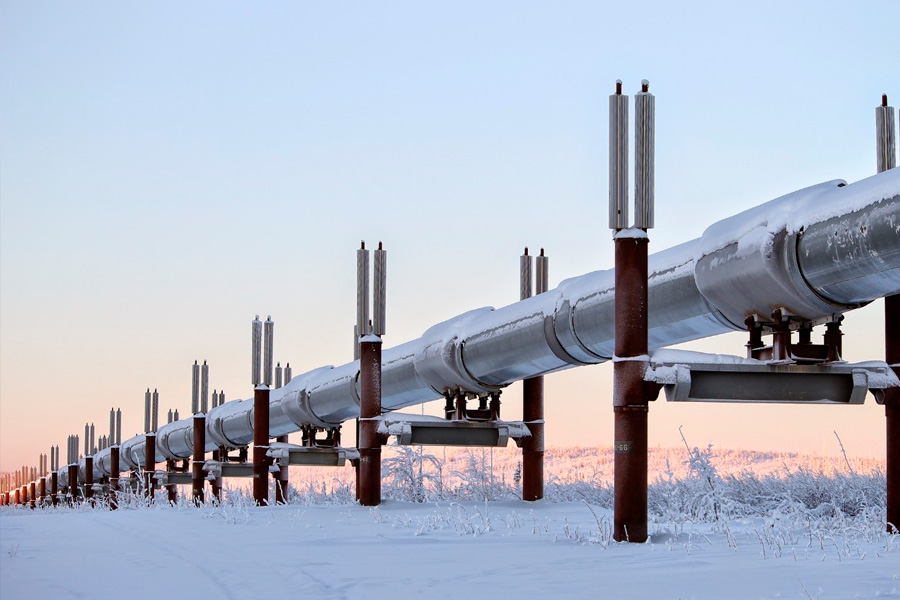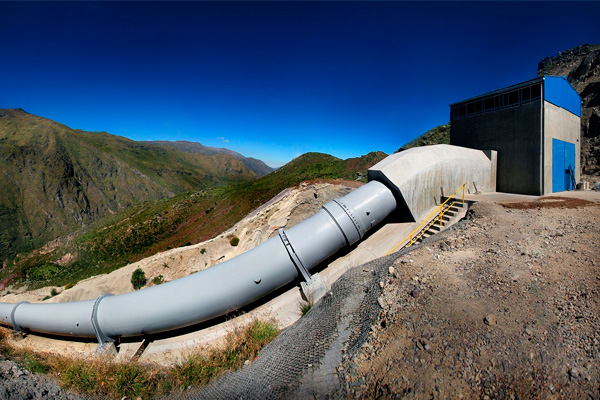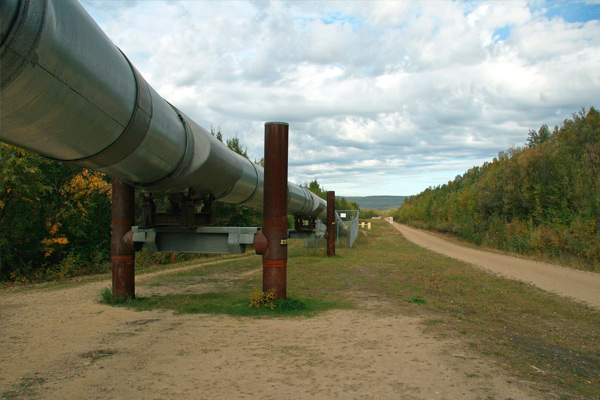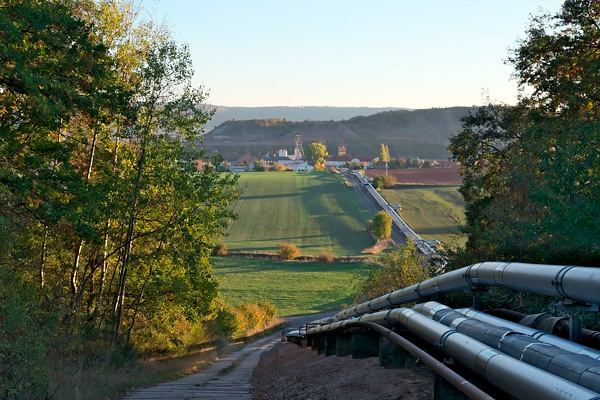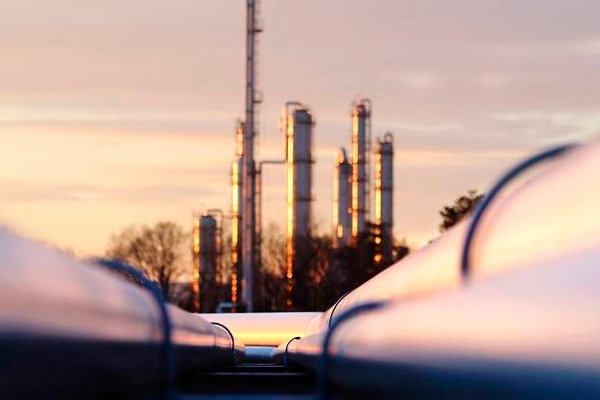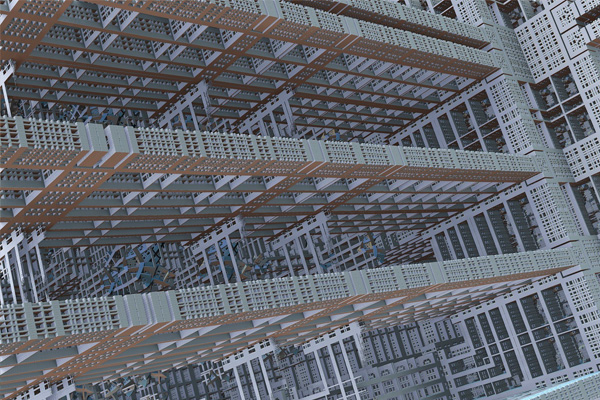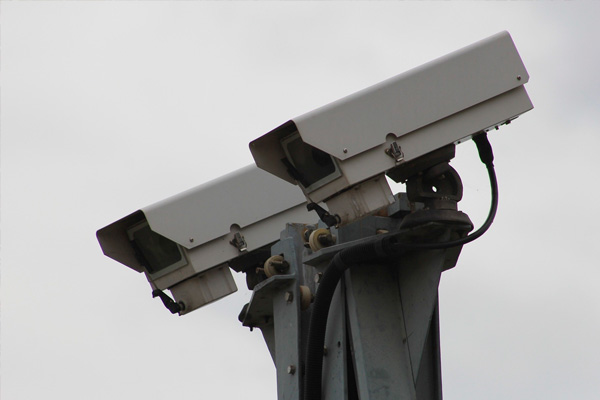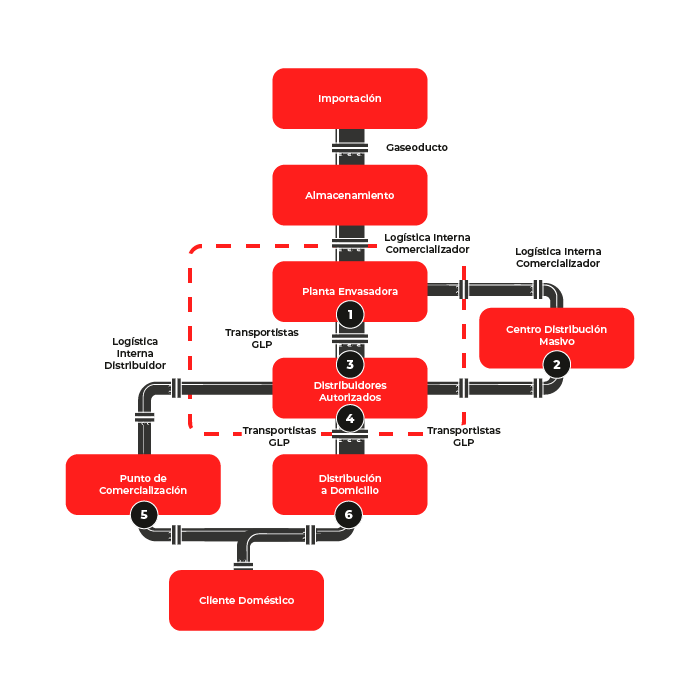Oil & Gas
We provide security in the management of critical infrastructures
In the current environment, the supply of natural gas and oil is almost essential for the functioning of our society, contributing to the competitiveness of economic sectors, which makes it urgent to have an efficient system for the management of Gas&Oil.
The entities whose object is the transport and distribution of Oil & Gas provide a service with strict safety requirements, in a connected technological environment, with greater competitive pressure to be efficient in the use of resources.
Implemental Systems offers a set of technological solutions for asset management, regulation, operations, compliance and engineering of any Oil & Gas transmission system and its subsequent distribution, according to the framework of specific processes of the sector, including Operation, infrastructure and capacities of the Gas System and Demand Management.
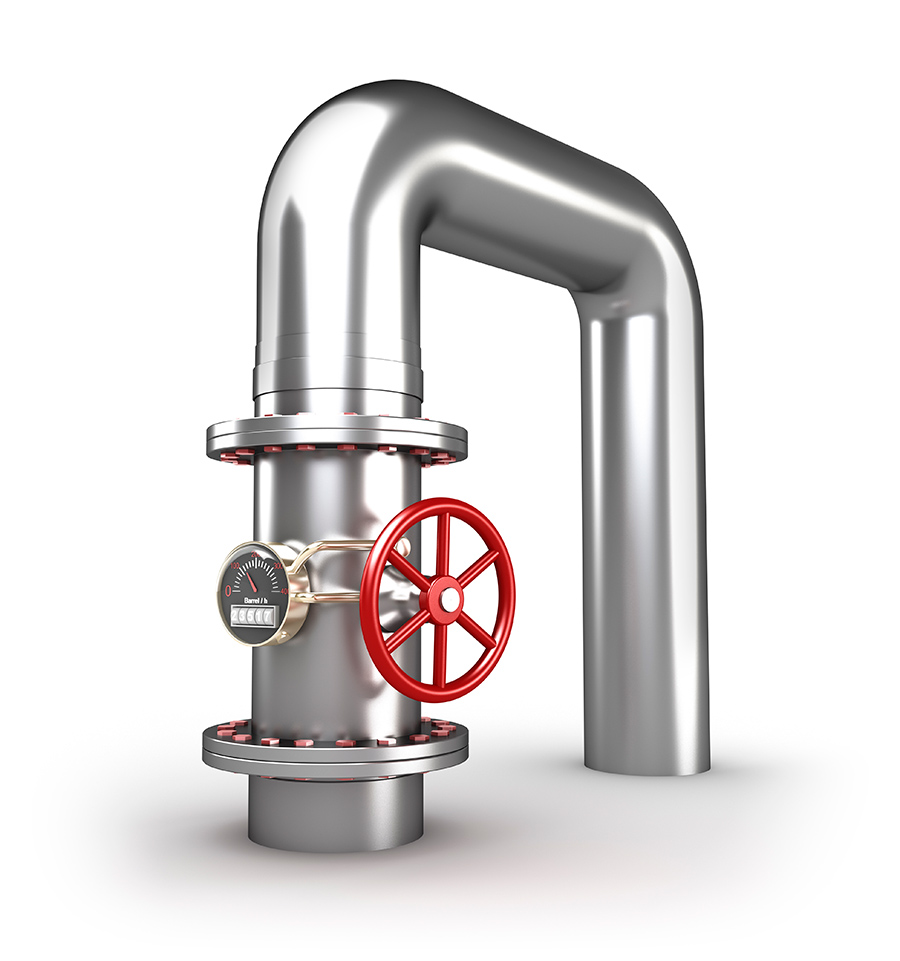
Gas Transportation
Gas Distribution
LPG Management
LPG solutions allow an integral management of the LPG distribution process. They provide capabilities for tracking and monitoring distributed assets and associated activities. This translates into better service delivery and forecasting of future demand.
- LPG Asset Management ERP
- LPG balance
- Distribution fleet monitoring
- Distribution plans and routes
- Destination Programming
- Real-time location monitoring.

